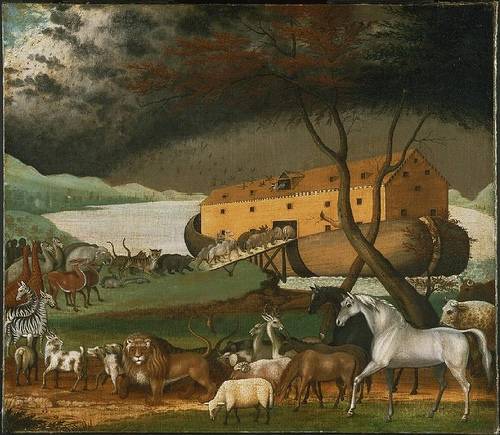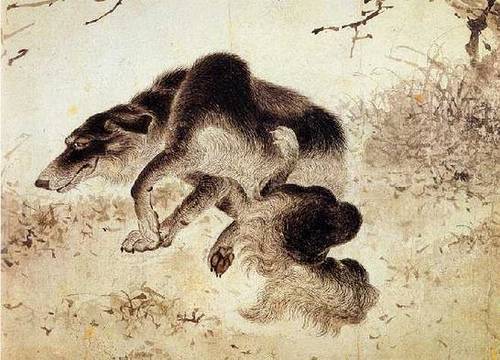“L E G on the Death of L X and R N S, Squire of the Coun T of S X”
In S X once there lived M N,
Who was Xceeding Y Y;
But with so much O B C T
It almost closed his I I.
When from his chair E would R I I,
U would have laughed to C
The awkwardness his fat did cause
To this old O D T.
But barring that E was so fat,
E was a right good fell O,
And had such horror of X S
U never saw him mell O.
N O O so red E did not like,
As that which wine will give,
So did S A to keep from drink
As long as E did live.
Two daughters fair this old man had,
Called Miss M A and L N,
Who, when the old chap took his E E,
Would try to T T the men.
Over the C C, these maids to please,
There came two gallants gay;
M A and L N ceased to T T,
And with them ran away.
These gallants did them so M U U,
And used such an M N C T
Of flattery, U must X Q Q
Their fugitive propensity.
The poor old man heaved many S I I
For frail M A and L N;
E called each gallant gay a rogue,
A rascal, and a villain.
And all with half an I might C
His gradual D K,
Till M T was his old arm-chair,
And E had passed away.
— William T. Dobson, Literary Frivolities, Fancies, Follies and Frolics, 1880



